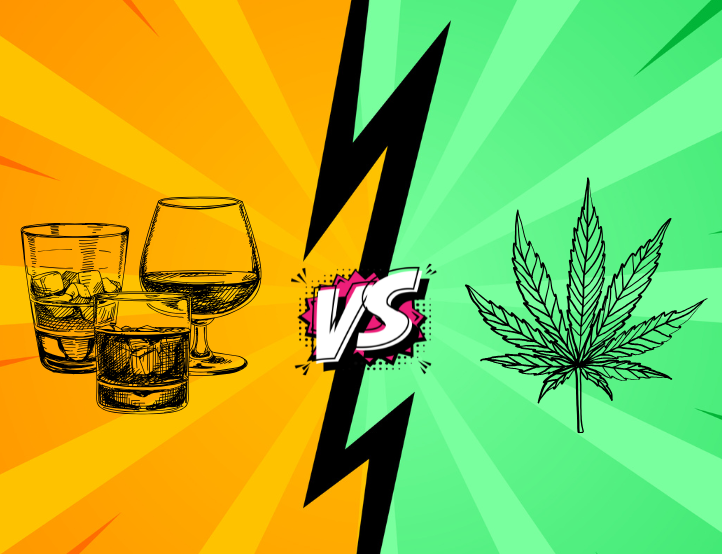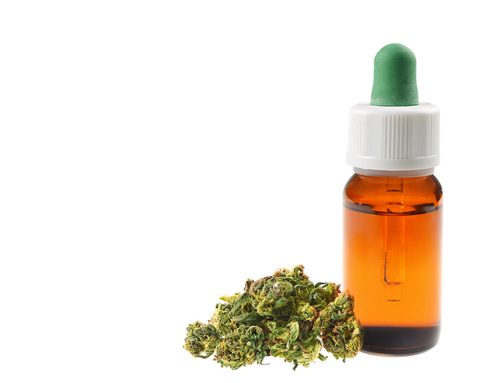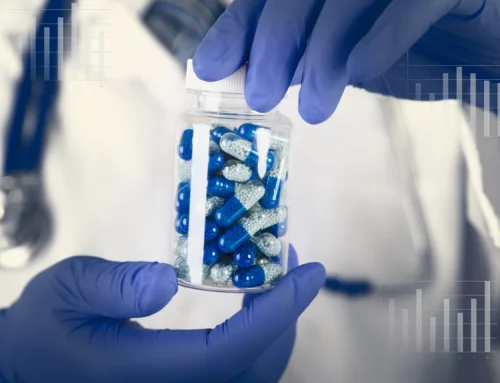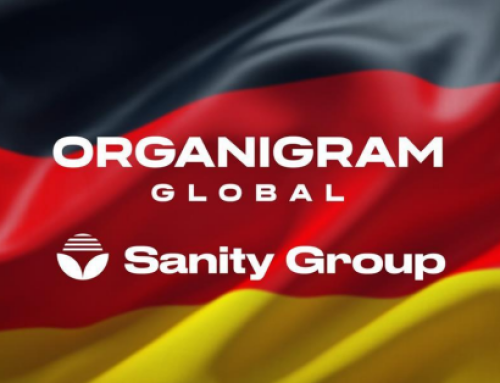Alcohol Giants Press Congress to Outlaw Intoxicating Hemp Derivatives
WASHINGTON – In a letter sent Tuesday, a coalition of leading alcohol trade groups urged congressional leaders to suspend sales of intoxicating hemp-derived products until federal rules can be established, warning that the market’s unchecked growth endangers consumers and violates existing law.
The American Distilled Spirits Alliance, Beer Institute, Distilled Spirits Council of the United States, Wine America and Wine Institute [which together represent producers of nearly all beer, wine, and spirits sold nationwide] directed their appeal to chairs of the House and Senate appropriations and agriculture committees. The groups, whose members include global brands generating tens of billions in revenue, described the 2018 Farm Bill’s hemp provisions as a loophole exploited by manufacturers to flood stores with unregulated THC-infused items like gummies and beverages.
“Unfortunately, the ambiguous language contained in the 2018 Farm Bill has been manipulated and exploited by certain actors, fueling the rapid growth of a largely unregulated market that is knowingly and willfully ignoring the Food and Drug Administration position that the addition of intoxicating cannabinoids (like delta-8 THC and delta-9 THC) to food is illegal,” the letter states.
The organizations stopped short of demanding a permanent ban but called for immediate removal of these products from shelves, offering to collaborate on a “robust federal regulatory framework” to protect public health.
This move builds on earlier industry statements and coincides with mounting pressure from 39 state attorneys general, who in an October 24 letter urged Congress to criminalize the manufacture and sale of synthetic THC variants such as delta-8 and HHC, arguing they twist the Farm Bill’s intent to legalize only non-intoxicating industrial hemp. Federal data underscores the risks. The FDA has documented cases of hallucinations, vomiting, tremors and loss of consciousness tied to delta-8 consumption, with warnings issued as recently as July.
The hemp cannabinoid sector, projected to hit $3.5 billion in U.S. sales this year and climb to $4.4 billion by 2029, has boomed partly by undercutting traditional alcohol outlets. Research points to substitution effects, including a Canadian study linking non-medical Cannabis legalization to lower beer sales, a pattern echoed in U.S. surveys where THC drink users report cutting back on booze. Cannabis advocates, including those at NORML, see the alcohol push as self-interested, given legalization’s hand in shifting consumer habits away from spirits and brews.
Lawmakers are hashing out these issues in the Fiscal Year 2026 appropriations process and the delayed 2025 Farm Bill reauthorization, now extended into next year, where hemp definitions face rewrite. Bipartisan bills from figures like Sen. Mitch McConnell propose outright prohibitions, while opponents such as Sen. Rand Paul warn of job losses for hemp farmers.
From a Highly Capitalized Network-HCN vantage, this clash highlights how entrenched players are maneuvering to protect their turf as emerging markets disrupt old guard revenues, a dynamic that demands precise policy to foster innovation without inviting chaos.




































